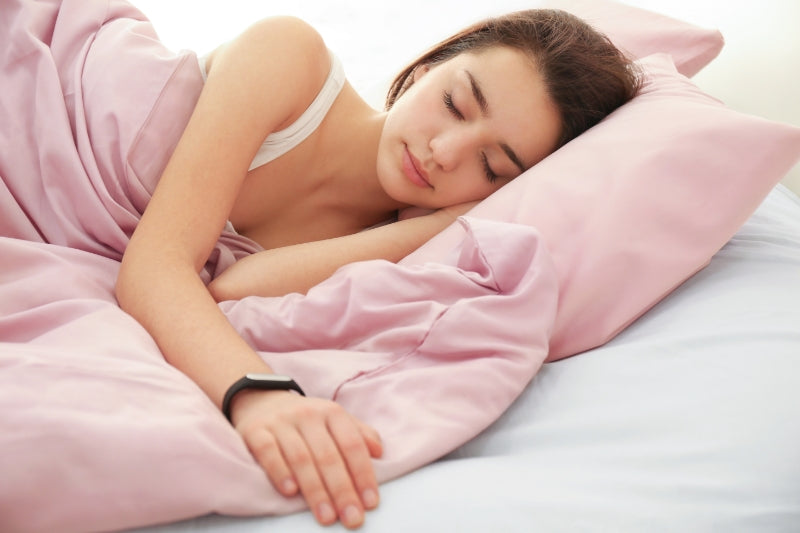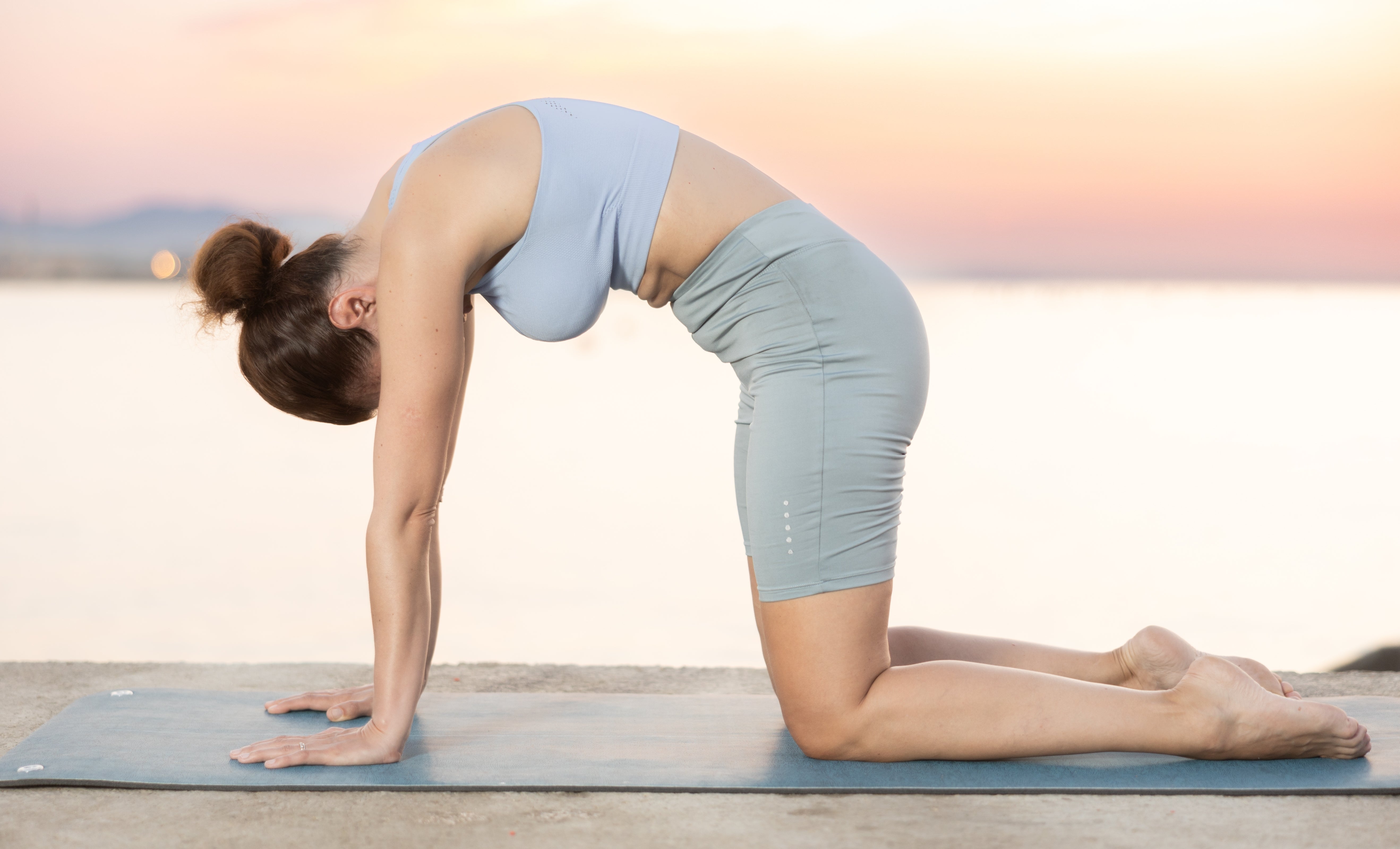What Are Sleep Tracker Apps, and How Do They Work?
Sleep tracker apps are designed to monitor your sleep patterns using data collected from your smartphone, smartwatch, or fitness tracker. Most of them use motion sensors, heart rate monitors, or sound analysis to estimate:
-
Sleep duration: How long you actually sleep.
-
Sleep stages: Light, deep, and REM sleep cycles.
-
Sleep quality: How restful your sleep is.
-
Wake times: How often you wake up during the night.
Some even provide personalized tips to help you get better sleep based on your data. Sounds amazing, right? But how accurate are they, really?
The Benefits of Sleep Tracker Apps
Let’s talk about what these apps can actually do for you—and why they can be a great tool if used the right way.
-
Awareness of Sleep Habits
If you’ve ever thought, “I’m sleeping enough, right?” only to realize you’re barely hitting five hours a night, a sleep tracker can be a wake-up call (pun intended!). These apps give you an honest look at how much sleep you’re really getting.
-
Accountability
Just like tracking your workouts or meals, tracking your sleep can motivate you to stick to healthier habits, like going to bed earlier or cutting down on screen time before bed.
-
Identifying Patterns
Over time, sleep trackers can help you spot trends. For example, do you sleep better on nights when you skip that late coffee? Or maybe your Sunday night sleep is worse because you’re stressed about Monday.
-
Goal Setting
Many apps let you set sleep goals and track your progress. Whether you’re aiming for 7-8 hours a night or fewer wake-ups, these goals keep you focused on improving your rest.
-
Helpful Features
Some apps offer relaxing bedtime routines, calming sounds, or reminders to wind down. These can make a big difference in creating a consistent sleep schedule.
The Limitations of Sleep Tracker Apps
Okay, here’s the thing: while sleep trackers are great for general insights, they’re not perfect. Here’s why:
-
Not 100% Accurate
Sleep trackers can estimate your sleep stages, but they’re not as precise as medical-grade sleep studies. They’re best for tracking trends, not diagnosing issues like sleep apnea.
-
Data Overload
Sometimes, too much information can leave you feeling stressed about your sleep, which can actually make it harder to relax at night!
-
Can’t Measure Everything
Sleep trackers don’t know what’s happening in your brain (like true REM sleep activity), and factors like stress, anxiety, or medications might affect your sleep quality in ways they can’t detect.
-
Over-Focusing on Numbers
It’s easy to become obsessed with hitting perfect sleep scores, but remember: how you feel in the morning matters more than the numbers on your app.
How to Use Sleep Tracker Apps Effectively
To get the most out of a sleep tracker, use it as a tool—not a rulebook. Here are my top tips:
-
Choose the Right App
Look for one that fits your needs. Some popular options include:
-
Sleep Cycle: Great for gentle wake-ups and tracking sleep trends.
-
Pillow: Perfect for Apple users who want detailed insights.
-
Fitbit or Garmin: Ideal if you already use their wearables for fitness tracking.
-
Focus on Patterns, Not Perfection
Instead of stressing about one bad night of sleep, look for overall trends. Are you sleeping better when you stick to a bedtime routine? That’s progress!
-
Pair It with Healthy Sleep Habits
Apps are helpful, but they’re not magic. Combine them with good sleep hygiene, like:
-
Keeping a consistent sleep schedule.
-
Limiting screen time before bed.
-
Creating a calming nighttime routine.
-
Don’t Ignore How You Feel
If you wake up refreshed, don’t let a low sleep score make you doubt your rest. Trust your body’s signals!
When to Seek Professional Help
If your sleep tracker consistently shows poor-quality sleep, or if you’re feeling exhausted no matter how much you sleep, it might be time to consult a healthcare professional. Apps are great, but they’re not a substitute for addressing serious sleep issues.
The Verdict: Do Sleep Trackers Actually Help?
Yes—but only if you use them the right way. Sleep trackers are a fantastic tool for building awareness and creating better sleep habits, but they’re not the ultimate solution for perfect rest. Think of them as part of your sleep journey, not the destination.
Final Thoughts
Good sleep is just as important as eating well and staying active—it’s the foundation for everything else! If you’re curious about your sleep patterns or looking for ways to improve, a sleep tracker can be a great addition to your routine. But remember, the goal isn’t to stress about every little detail. Focus on building habits that make you feel rested, energized, and ready to tackle your day.
Have you tried a sleep tracker before? Let me know how it’s worked for you—I’d love to hear about your experience! Sweet dreams, friends! 💕✨
Resources
-
Harvard Medical School. (2020). "How Accurate Are Sleep Trackers?"
-
American Sleep Association. (2021). "The Role of Technology in Sleep Health."
-
National Sleep Foundation. (2019). "Understanding Your Sleep Data."
Let’s make sleep as much of a priority as those killer workouts, because you deserve to wake up feeling amazing! 💤💪
Meet Fitnexa, your AI-driven companion that turns everyday habits into a positive, uplifting journey. From effortless meal analysis (including recipe suggestions) to personalized coaching and real-time support, Fitnexa keeps you on track toward lasting wellness — so you can stay younger, live longer.
https://apple.co/4hr8JGW








Leave a comment
This site is protected by hCaptcha and the hCaptcha Privacy Policy and Terms of Service apply.